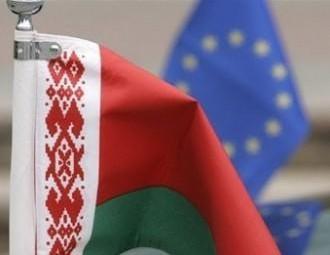Andrei Fiodarau about the meeting in Brussels: Overcautious optimism

“The parties remained unconvinced; at least they didn’t quarrel to bits”.
The meeting of the foreign ministers of the Eastern Partnership countries awoke interest mostly between human rights fighters who protested against the dinner given for Uladzimir Makei, the Belarusan Foreign Minister. Linas Linkevičius, Lithuanian foreign minister, was, perhaps, the only person who was glad that Belarusan Minister didn’t protest against reminding the problem of political prisoners.
Andrei Fiodarau, international political scientist in the talk with the EuroBelarus Information Service noted that “it is very hard to draw any conclusions on the basis of the available information”.
- It is likely that the parties remained unconvinced; at least they didn’t quarrel to bits. It is hard to say that there are some changes in their relations, as the feedback of both the parties is very restricted. Considering sensitive issues raised during the meeting, we could have predicted that. And Europeans, perhaps, are afraid to frighten off the possibility of some positive changes; I would characterize their attitude as “overcautious optimism”.
What concerns the forthcoming Summit of the Eastern Partnership in Vilnius, Europeans want it to be full-fledged, but they hardly want to reach it at any cost. However, so far Belarusan side hasn’t made any sharp statements or movements. Still, that doesn’t mean anything, as when it comes to Belarusan politics, we can talk only about the given point of time.
Let us note that Uladzimir Makei has drawn some conclusions concerning his visit to Brussels in the interview to a number of Belarusan official mass media, saying that “we should treat every country of the Eastern Partnership nondiscriminatory and equally”, and “the equal and full dialog has to be the instrument of solving all the existing problems”.
The Foreign Minister also recalled that “we provide regular transit of hydrocarbons to Europe, we provide regular transit of cargos, and we struggle against transboundary crime as well as human trafficking at our borders and so on and so far”.
-
03.01
-
07.10
-
22.09
-
17.08
-
12.08
-
30.09








































